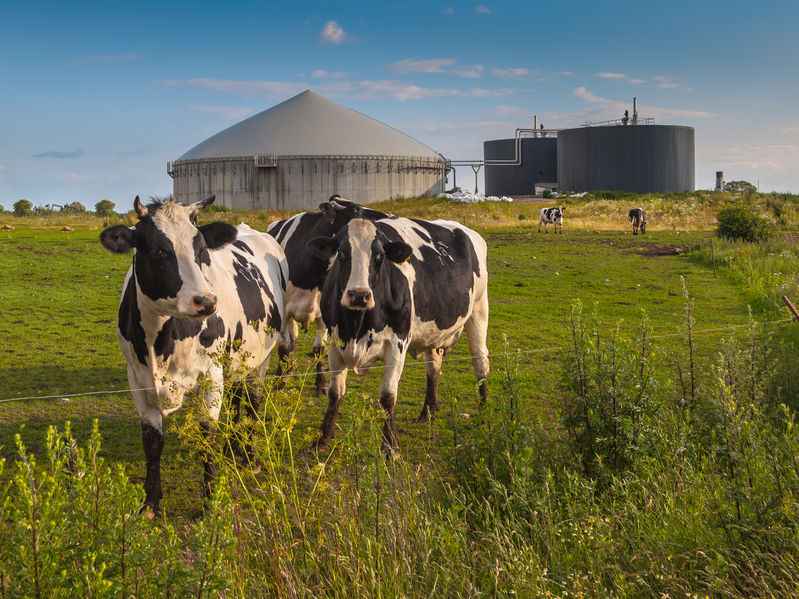
In the run up to one of the busiest times of the year for food producers and retailers, ReFood, one of the UK’s leading food waste recycler, has launched a campaign to reduce food waste through anaerobic digestion (AD).
The business, which has a number of anaerobic digestion plants throughout the UK, are usually found on farms and turn food waste into renewable energy and bio-fertiliser. AD is the simple, natural breakdown of organic matter into biogas (carbon dioxide and methane) and organic fertiliser called digestate. It is a similar process to that which takes place in the stomach of a cow.
AD provides farmers with reliable energy to meet on-site demand, and gives farms a diversified source of revenue from selling energy and digestate.
The process contributed £4,000 to charities, and diverted an additional 192 tonnes of waste food away from landfill during a similar campaign last year. This year’s project will see donations made to homeless charities for every new bin collection signed up during November, December and January.
The charities involved in the initiative all work with homeless, vulnerable people, an issue that comes into particular focus around Christmas. Leeds-based St George’s Crypt; Manchester charity Barnabus; independent, Liverpool-based charity The Whitechapel Centre; SHP in Dagenham; and Sheffield’s Sunday Centre, will all receive financial support from the campaign.
Philip Simpson, Commercial Director at ReFood, said: “We’d encourage all businesses involved in the food supply chain to think about their waste strategy, and recycle any waste food, and this campaign serves to highlight that.”
Over last year’s busy winter months, ReFood provided waste collection services to a total of 2,566 new businesses, meaning that significant amounts were raised for the chosen causes. The campaign also prevented an additional 192 tonnes of food waste from going to landfill, reducing carbon emissions equivalent to the average produced by a household over a 40-year period.
